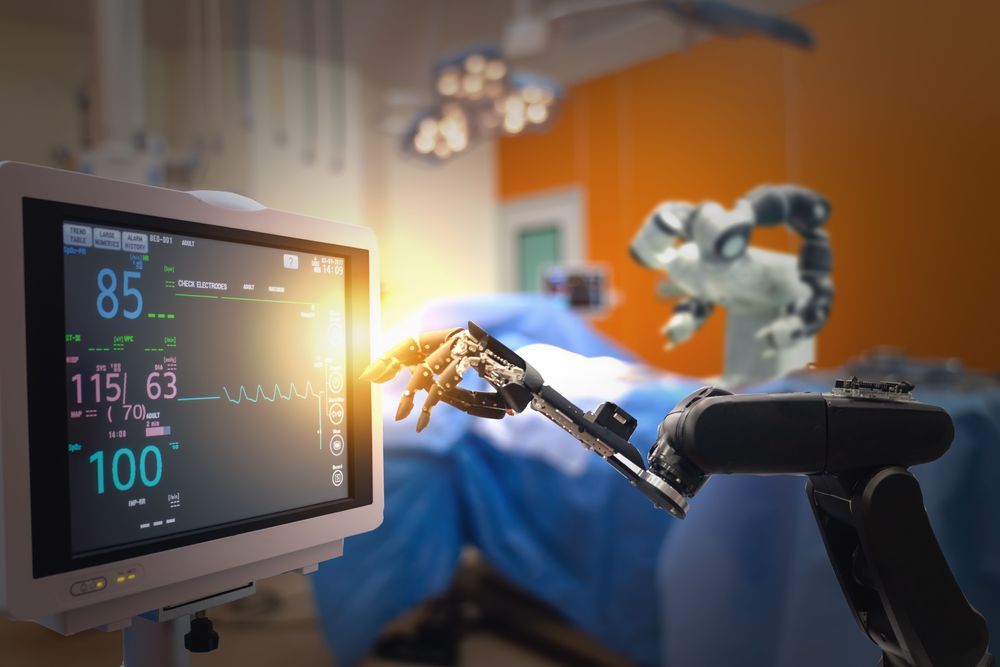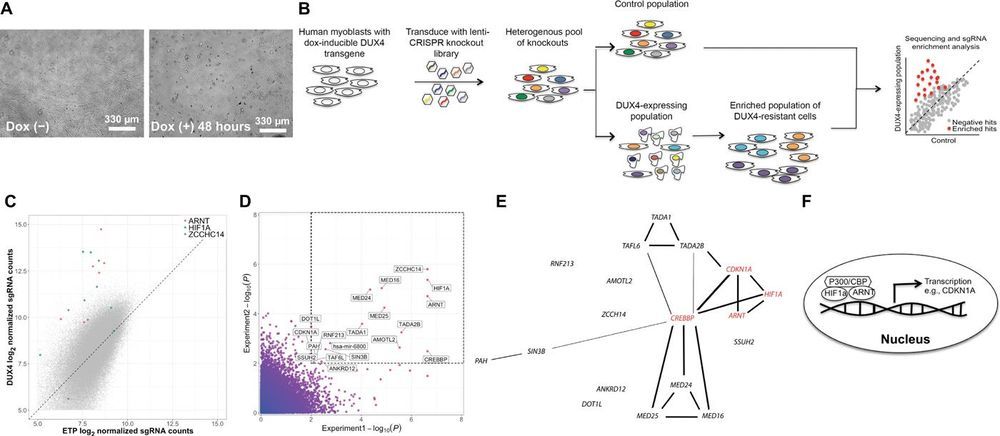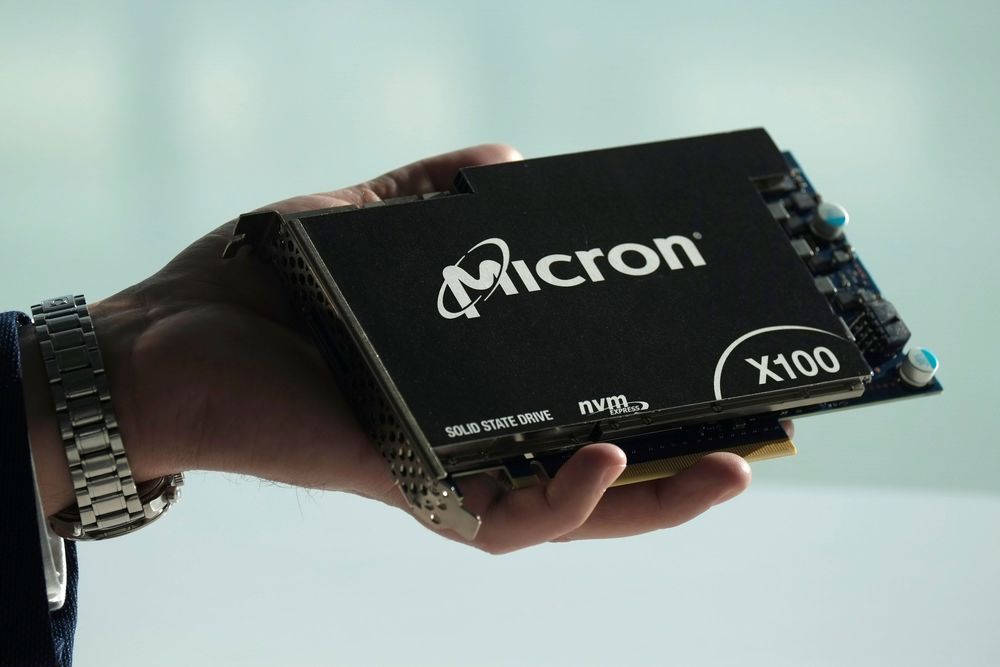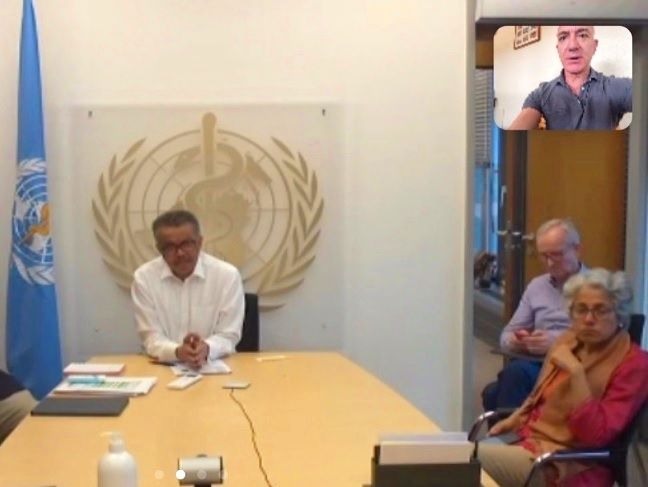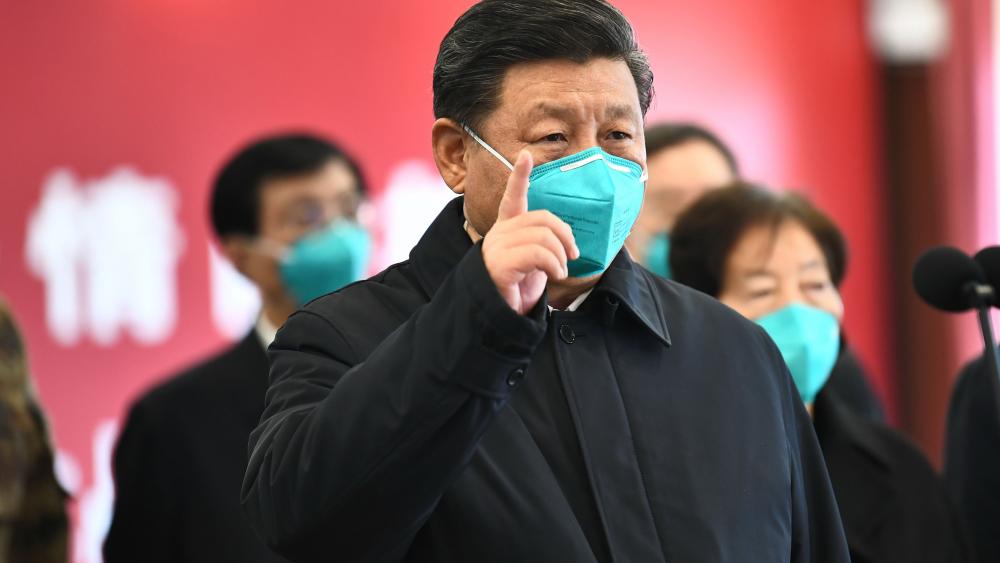Mar 27, 2020
Making sense of cells
Posted by Xavier Rosseel in categories: biotech/medical, computing, food, mathematics, neuroscience
Our body’s ability to detect disease, foreign material, and the location of food sources and toxins is all determined by a cocktail of chemicals that surround our cells, as well as our cells’ ability to ‘read’ these chemicals. Cells are highly sensitive. In fact, our immune system can be triggered by the presence of just one foreign molecule or ion. Yet researchers don’t know how cells achieve this level of sensitivity.
Now, scientists at the Biological Physics Theory Unit at Okinawa Institute of Science and Technology Graduate University (OIST) and collaborators at City University of New York have created a simple model that is providing some answers. They have used this model to determine which techniques a cell might employ to increase its sensitivity in different circumstances, shedding light on how the biochemical networks in our bodies operate.
“This model takes a complex biological system and abstracts it into a simple, understandable mathematical framework,” said Dr. Vudtiwat Ngampruetikorn, former postdoctoral researcher at OIST and the first author of the research paper, which was published in Nature Communications. “We can use it to tease apart how cells might choose to spend their energy budget, depending on the world around them and other cells they might be talking to.”

